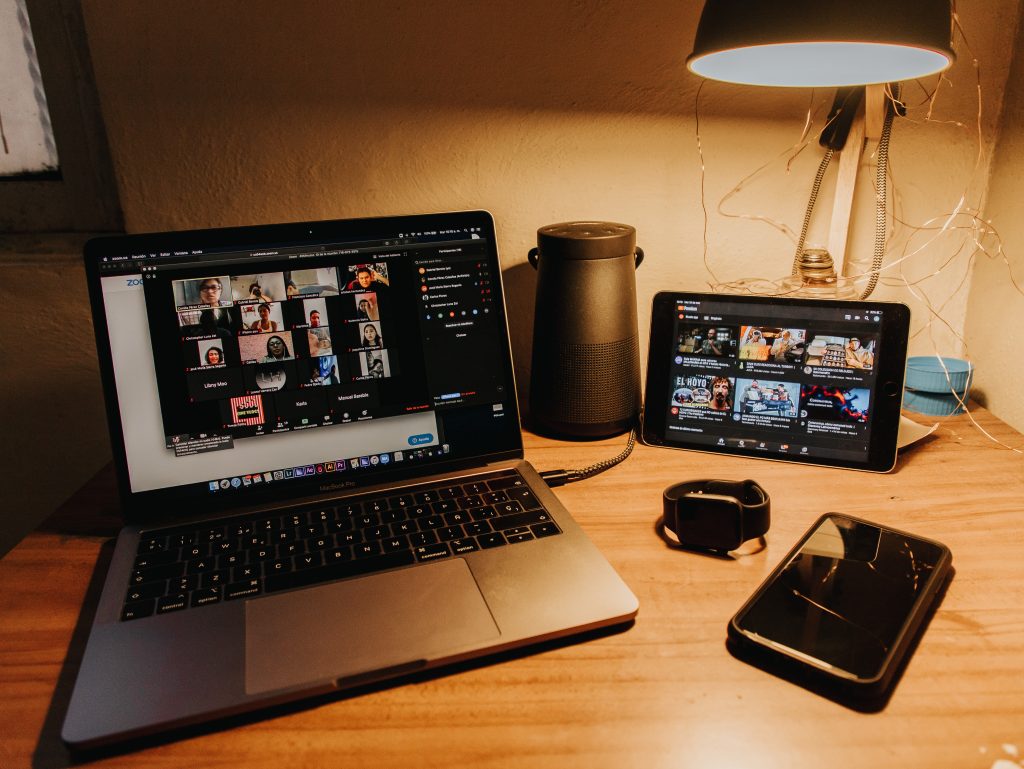The experiences of disabled people in Wales shows that lockdown hasn’t affected us all in the same way, writes Grace Quantock.
I’ve been pulled into lots of unwanted conversations lately; someone, usually a middle-class white person, speaks passionately about how difficult the lockdown is for them.
I’m afraid I’m out of patience with these comments already. I wonder if people like this have never had their movements or liberty constrained before. I don’t know what that’s like. Do they have any friends/family who aren’t white and/or wealthy and/or non-disabled?
Or if they do, perhaps they aren’t the kind of friend you can tell things. I’m not appeasing anyone who managed to ignore the feelings of marginalised folx around themselves up to this point. “I didn’t know” also means “I wasn’t listening”.
These conversations tend to centre around the struggles of Zoom (or the video platform du jour). “It’s awful, a poor substitute for meeting in person. I can’t wait to get back to ‘real life’. And it’s much more exhausting than talking in real life” they tell me earnestly. “For you”, I reply, abruptly.
“What?” they always ask, confusion crinkling brows, lips pinched. Their well rehearsed speech is stopped up behind polished teeth the colour of pearls. My voice stalled it’s flow, but I can feel it pushing. I get the impression they aren’t used to being interrupted. “It’s more exhausting for you, for neurotypical people. Not for all of us.” There’s consternation on their faces. The middle class non-disabled white experience isn’t, in fact, universal? Challenging concept for many, I know.
“Oh, yes, well. Is it?” There’s a moment of consideration of another way of being in the world, and time’s up, then they’re back on their habitual track; centring their experience. “It’s so funny how tiring it is, isn’t it? A meeting online being so tiring. So we’ve made them shorter, it’s too exhausting for people”
“For you. The meetings were always this exhausting for me, every time.”
If you accuse me of being resentful that I suffered when online meetings/classes/events were perfectly possible; that I’m bitter because the events are now deemed too exhausting and made shorter (but were always exhausting and physically costly for me and many chronically ill and disabled people) – valid points.
You are right, but I call those feelings psycho-emotional disablism [1]. Any, but especially consistent and systemic discrimination, damages mental health and traumatises.
For many disabled and neurodiverse folx, the working from home and social distancing aspects of lockdown have provided respite from always being asked to adapt to the neurotypical and non- disabled social and built environment.
Innovative. Informed. Independent.
Your support can help us make Wales better.
We are continually required to adapt to your world, now you are being asked to taste a little of ours: zoom calls as primary contact, struggling for supermarket delivery slots, learning to navigate a labyrinthine and punitive benefits system, managing isolation and more.
It’s not comparable, of course. You can’t compare 3 months of discomfort with a lifetime or a significant portion of a life spent surviving discrimination. Lockdown can’t teach the pain of folding ourselves into the limited space the non-disabled and neurotypical world grants us, the pressure and constraint that dominates each day.
For me, Zoom is actually much easier; less stimuli, I’m in a safe, neurodiverse-friendly environment, and I haven’t been attacked on my journey to the meeting. Lockdown is the longest time in my adult working life that I haven’t experienced an attack, assault, non-consensual touch or multiple micro-aggressions.
I’m still unpicking the simultaneous relief and grief of that; because it never needed to be this way. I wonder who I’d be without these traumas, without this struggle taking so much of my attention, thinking and energy. What work I’d be able to accomplish if I could just get non-disabled people to stop trying to touch me #JustAskDontGrab.
I’m a wheelchair user and people routinely grab me, touch my legs to “see if I’m paralysed”, try to “help me across the road”, including roads I never intended to cross. At that point, they are just dragging me away from my own office. There’s great work being done on these issues by the Private Places, Public Spaces Project on the frequent non-consensual touch disabled folx get in public.
As we see lockdown shifting and conversations about ‘the new normal’, I wonder whose normal we are going back to. Why would we want to restore structures that harm so many for the comfort and convenience of those whose voices are most dominant?
If such people want to learn to tolerate being uncomfortable while they adjust to an equitable world that includes all of us, may I suggest they witness and learn from how we do it. Those on the margins have been surviving in environments designed as inaccessible, disorienting and unwelcoming.
We’ve been occupying space in your country for years.
[1] Reeve, D. (2014) ‘Psycho-emotional disablism and internalised oppression’, in J. Swain, S. French, C. Barnes and C. Thomas (eds) Disabling Barriers – Enabling Environments, 3rd Edition, London: Sage, pp. 92-98.
All articles published on the welsh agenda are subject to IWA’s disclaimer.
Photo by Gabriel Benois on Unsplash





